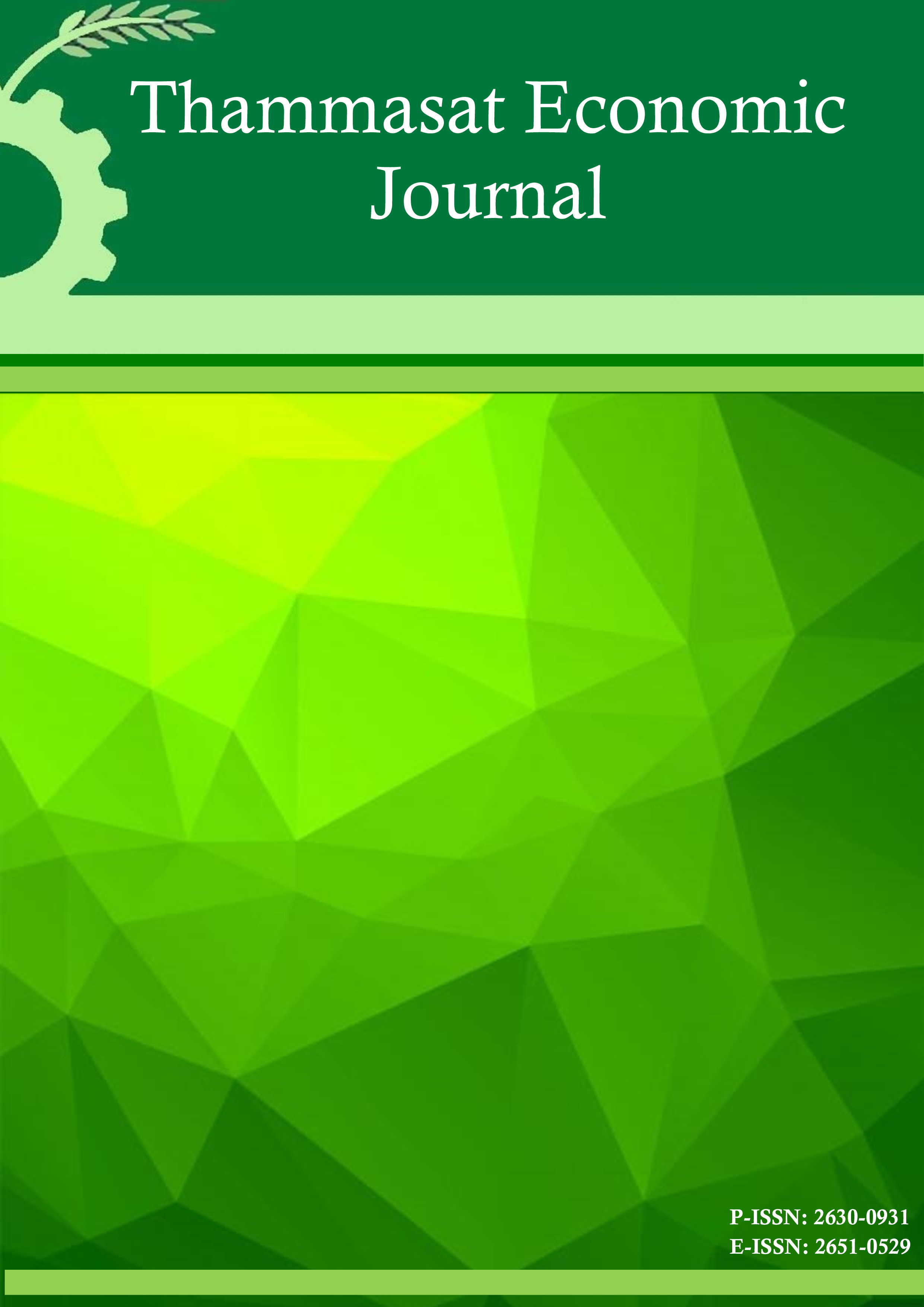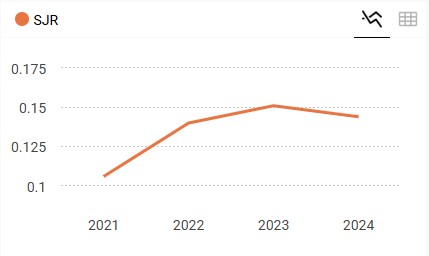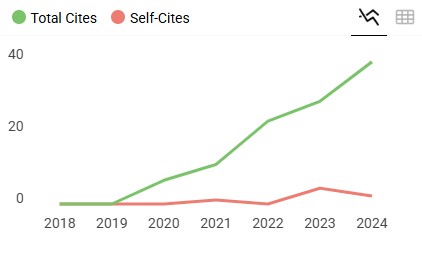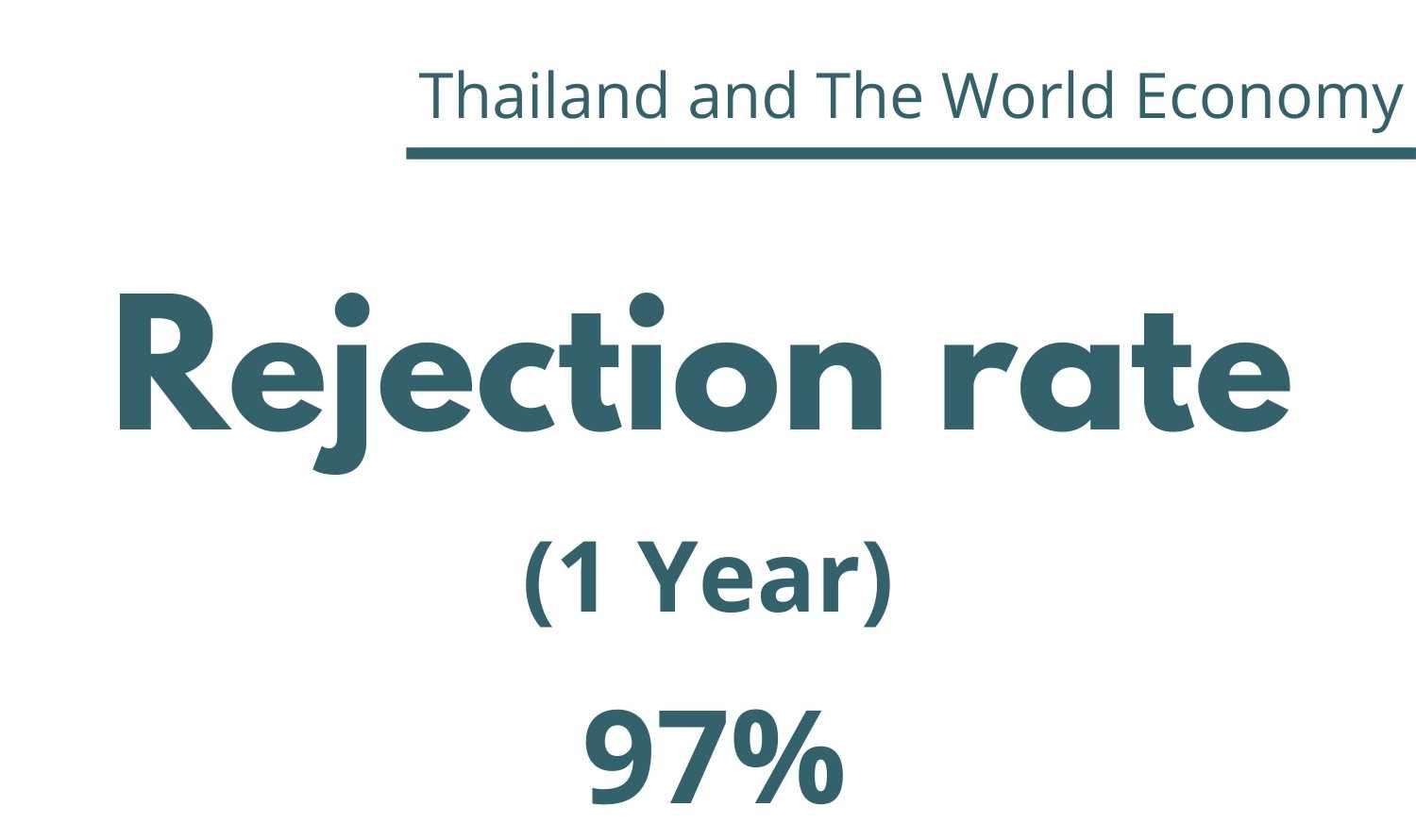The proposed model for Thai Public-Private Partnerships for resolving multilateral trade dispute under the World Trade Organization (WTO)
Abstract
The procedure for resolving multilateral trade disputes under the World Trade Organization (WTO) is vital for enforcing the international trade rules and therefore ensuring that trade will flow smoothly. It would make little sense to spend years negotiating detailed rules in international trade agreements if those rules could be ignored. Thus, an effective dispute settlement system is critical to the operation of the world trade. Moreover, effective multilateral dispute settlement will enhance participation of developing countries, which naturally have less bargaining power in negotiating disputed issues with developed partners. Accordingly, this research paper highly recommends Thailand to make use of WTO dispute settlement, instead of using bilateral negotiations as has been done in the past.
References
2. Bacchus, James, 2003. Woulda, Coulda, Shoulda: The Consolations of WTO Dispute Settlement, Address by Chairman of Appellate Body. to the International Bar Association, Geneva, Switzerland.
3. Bilder, Richard B., 1991. The Fact/Law Distinction in International Adjudication. In: Lillich, Richard B., ed., Fact-finding before International Tribunals 95. USA: Transnational Press, p. 95.
4. Bossche, Peter Van den, 2005. From afterthought to centerpiece: the WTO appellate body and its rise to prominence in the world trading system. Maastricht Faculty of Law Working Paper, p. 53.
5. Bown, Chad P. and Hoekman, Bernard M., May 2005. WTO Dispute Settlement and the Missing Developing Country Cases: Engaging the Private Sector. Available at http://www.brookings.edu/~/media/Files/rc/papers/2005/05trade_bown/200505bown.pdf (accessed 24 November 2010) ต่อมานาไปตีพิมพ์ใน 2005. Journal of International Economic Law, Vol. 8, No. 4, pp. 861-890.
6. Busch, Marc L. and Reinhardt, Eric, January 2003. Developing Countries and General Agreement on Tariffs and Trade/World Trade Organization Dispute Settlement. Emory University ต่อมานาไปตีพิมพ์ใน Busch, Marc L., and Reinhardt, Eric, 2003. Developing countries and GATT/WTO dispute settlement. Journal of World Trade, Vol. 37, No. 4, pp. 719–735. และนาไปรวมเล่มใน Chapter 7: Developing Countries and GATT/WTO Dispute Settlement. In: Bermann, George A., 2007. WTO Law and Developing Countries, New York: Columbia Law School, pp. 195-212.
7. Colitt, Raymond, 2009. Brazil may challenge ‘Buy American’ at WTO. Reuters, UK, 17 February.
8. Davey, William J., 2005. The WTO Dispute Settlement System: The First Ten Years. Journal of International Economic Law, Vol. 8, No. 1, pp. 17-50.
9. Faiola, Anthony, 2009. Buy American Rider Sparks Trade Debate Proviso Limits Steel, Iron from Abroad. Washington Post Staff Writer, 29 January, p. A01.
10. Galanter, Marc, 1974. Why the ‘haves’ come out ahead: speculation on the limits of legal change. Law and Society Review, Vol. 9, No. 1, pp. 95 – 160.
11. Gray, Christine D., 1987. Judicial Remedies in International Law. Oxford: Clarendon Press. โดยเฉพาะในข้อ (i) ของบทที่หนึ่ง ว่าด้วย “Remedies available under international law” pp. 11 – 2.
12. Hoeckman B. and M. Kostecki, 2001. The Political Economy of the World Trading System: the WTO and Beyond. 2nd ed. Oxford University Press.
13. Hudec, Bob, 1990. The GATT Legal System and World Trade Diplomacy. 2nd ed. Thames: Trade Research Institute.
14. Hufbauer, Gary Clyde and Schott, Jeffrey J., 2009. Buy American: Bad for Jobs, Worse for Reputation. Peterson Institute Policy Brief, No. PB 09, p.15.
15. Jackson, John H., 1969. World Trade and the Law of GATT. Indianapolis: Bobbs-Merrill.
16. Jackson, John H., 1992. Restructuring the GATT System. London: Chatham House Paper.
17. Jackson, John H., 2005. The Changing Fundamentals of International Law and Ten Years of the WTO. Journal of International Economic Law, Vol. 8, No. 1, pp. 3-15.
18. Kurtz, Jurgen, 2009. Adjudging the exceptional at international investment law: security, public order and financial crisis. International and Comparative Law Quarterly, Vol. 59, No. 2, pp. 325 -371.
19. McGivern, Brendan P. and Walles, Cherise M., 2000. The Right to Retaliate under the WTO Agreement. Journal of World Trade, Vol. 34, No. 2, pp. 63-84.
20. Montaña i Mora, Miquel, 1993. A GATT with teeth: law wins over politics in the resolution of international trade disputes. Columbia Journal of Transnational Law, Vol. 31, No. 1, pp. 103-180.
21. Monnier, Pierre, 2001. The Time to Comply with an Adverse WTO Ruling—Promptness within Reason. Journal of World Trade, Vol. 35, No. 5, pp. 825-845.
22. Schuchhardt, Christiane, 2005. Consultations. In: Macrory, Patrick F. J.; Appleton, Arthur E.; and Plummer, Michael G., eds., The World Trade Organization: Legal, Economic and Political Analysis, Volume I, Heidelberg: Springer Verlag, pp. 1197-1232.
23. Shaffer, Gregory, 2003. Defending Interests: Public-Private Partnerships in WTO Litigation, Brookings Institution Press.
24. Shaffer, Gregory, 2005. Developing countries use of the WTO dispute settlement system: why it matters, the barriers posed. University of Minnesota Law School: legal studies research paper series, No. 08/05 ต่อมานาไปพิมพ์รวมเล่มใน Chapter 7: Developing Country Use of the WTO Dispute Settlement System: Why it Matters, the Barriers Posed, and its Impact on Bargaining. In: Hartigan, James, ed., 2009. Trade Disputes and the Dispute Settlement Understanding of the WTO: An Interdisciplinary Assessment. Elsevier, Frontiers of Economics and Globalization series, pp.167-190
25. Steger, Debra P., 1999. A Tribute to John Jackson. Michigan Journal of International Law, Vol. 20, No. 4, p. 165.
26. Trachtman, Joel P., 1999. John Jackson and the Founding of the WTO: Empiricism, Theory and Institutional Imagination. Michigan Journal of International Law, Vol. 20, No. 4, pp. 175-181.
27. Tussie, Diana and Delich, Valentina, , 2004. The Political Economy of Dispute Settlement: A Case from Argentina. FLACSO-Argentina, October, Available at http://www.iadb.org/Intal/aplicaciones/uploads/ponencias/Curso_BID-INTAL-OMC_ 2006_09_12_DIANATUSSIE1.pdf (accessed 24 November 2010)
28. Weiss, Wolfgang, 2003, Security and predictability under WTO law. World Trade Review, Vol. 2, No. 2, pp. 183-219.
29. WTO, What is the WTO?. available at http://www.wto.org/english/thewto_e/whatis_e/ whatis_e.htm (accessed 24 November 2010)
30. WTO, WTO Dispute Settlement Homepage. available at http://www.wto.org/english/tratop_
31. e/dispu_e/dispu_by_country_e.htm (accessed 9 February 2011).
32. บัณฑิต หลิมสกุล, 2553. องค์การการค้าโลกในบริบทของเศรษฐกิจที่ไร้พรมแดน เล่ม 1. กรุงเทพมหานคร: สานักพิมพ์แห่งจุฬาลงกรณ์มหาวิทยาลัย.
33. บัณฑิต หลิมสกุล, 2552. การใช้ทุนทางปัญญาพัฒนาศักยภาพการผลิต. กรุงเทพธุรกิจ, 4 มีนาคม.
34. บัณฑิต หลิม, 2549. กลไกระงับข้อพิพาทขององค์การการค้าโลกในบริบทของเศรษฐกิจที่ไร้พรมแดน. วารสารนิติศาสตร์, ปีที่ 35 ฉบับที่ 2, มิถุนายน, หน้า 341-384.
35. บัณฑิต หลิมสกุล, 2548. ชัยชนะของไทย ใน WTO. กรุงเทพธุรกิจ, 3 ตุลาคม.
36. บัณฑิต หลิมสกุล, 2548. 10 ปี WTO: ความท้าทายขององค์การการค้าโลกในบริบทของเศรษฐกิจที่ไร้พรมแดน. จุฬาลงกรณ์วารสาร, ปีที่ 17, ฉบับที่ 67, เมษายน – มิถุนายน, หน้า 5 – 20.
37. บัณฑิต หลิมสกุล, 2547. ขอบเขตการคุ้มครองโปรแกรมคอมพิวเตอร์ภายใต้กฎหมายลิขสิทธิ์ . กรุงเทพมหานคร: โรงพิมพ์จุฬาลงกรณ์มหาวิทยาลัย.
38. บัณฑิต หลิม, 1992. การคุ้มครองทรัพย์สินทางปัญญากับปัญหาการค้าระหว่างประเทศ, วารสารเศรษฐศาสตร์จุฬาลงกรณ์มหาวิทยาลัย, ปีที่ 4, ฉบับที่ 1, หน้า 85.
39. บัณฑิต หลิมสกุล, 2534. อะไรคือกฎหมาย Special 301, วารสารนิติศาสตร์ธรรมศาสตร์, ปีที่ 21, ฉบับที่ 1, หน้า 80 – 93.










